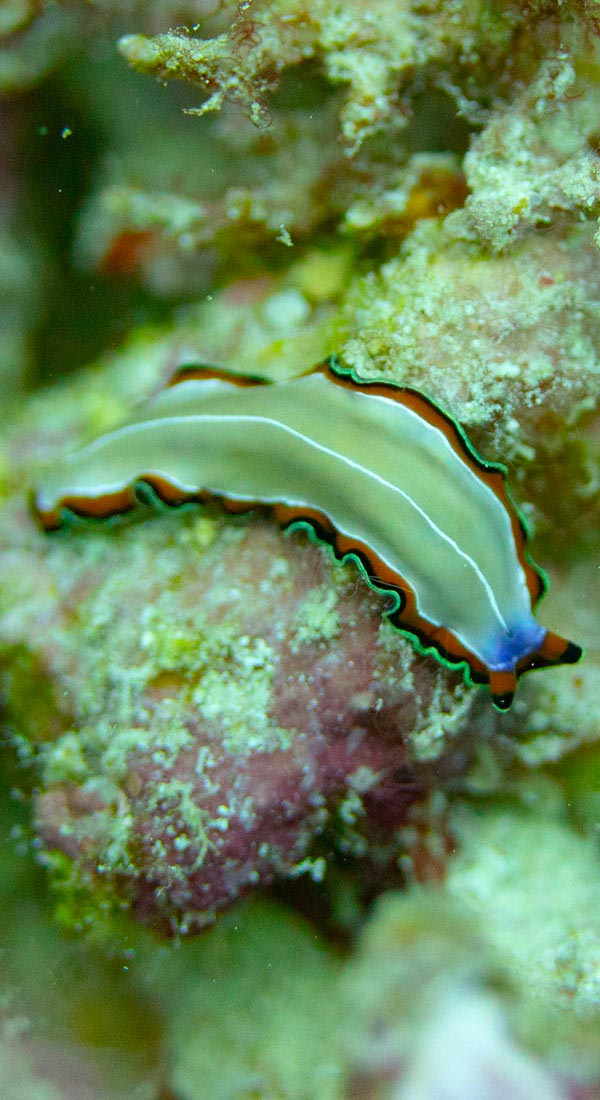

Additionally, RIOK-3 has been demonstrated to inhibit the activation of the nuclear factor κB (NF-κB) transcription factor by interacting with caspase-10, suggesting a role for riok-3 in the regulation of apoptosis and/or cell survival 12. Most research has suggested a role for RIOK-3 in associating with ribosomal proteins of the small ribosomal subunit (SSU) and shown that a lack of RIOK-3 results in a build-up of immature SSUs (18S or pre-40S) in the cytoplasm 10, 14. The third gene member, riok-3, has not received much attention, being non-essential, but research has shown that RIOK-3 potentially has multiple roles in cells 12, 13, 14.

Functional studies of riok genes in both unicellular and multicellular model organisms have indicated essential roles for riok-1 and riok-2 in ribosome biosynthesis, chromosome stability and/or cell cycle progression 1, 2, 3, 4, 5, 6, 7, 8, 9, 10, 11. Taking advantage of a known partial crystal structure of human RIOK-1, molecular modelling revealed variability in nucleotide binding sites between flatworm and human RIOK proteins.Īll multicellular organisms studied to date have three right open reading frame protein kinase genes (designated riok-1, riok-2 and riok-3), whereas unicellular organisms have only two ( riok-1 and riok-2). These findings indicate multiple, key regulatory functions of RIOK-3 in other metazoan species. We show that the loss of RIOK-3 coincides with a loss of particular proteins associated with essential cellular pathways linked to cell growth and apoptosis. We propose that, unlike in other eukaryotes, the loss of RIOK-3 from flatworms does not result in an evolutionary disadvantage due to the unique biology and physiology of this phylum. We found that none of the flatworms studied have a riok-3 gene, which is unprecedented for multicellular organisms. In the present study, we conducted a detailed bioinformatic analysis of the riok gene family in 25 parasitic flatworms (platyhelminths) for which extensive genomic and transcriptomic data sets are available. Current evidence indicates that riok-1 and riok-2 have essential roles in ribosome biosynthesis and that the riok-3 gene assists this process. All multicellular organisms studied to date have three right open reading frame kinase genes (designated riok-1, riok-2 and riok-3).


 0 kommentar(er)
0 kommentar(er)
